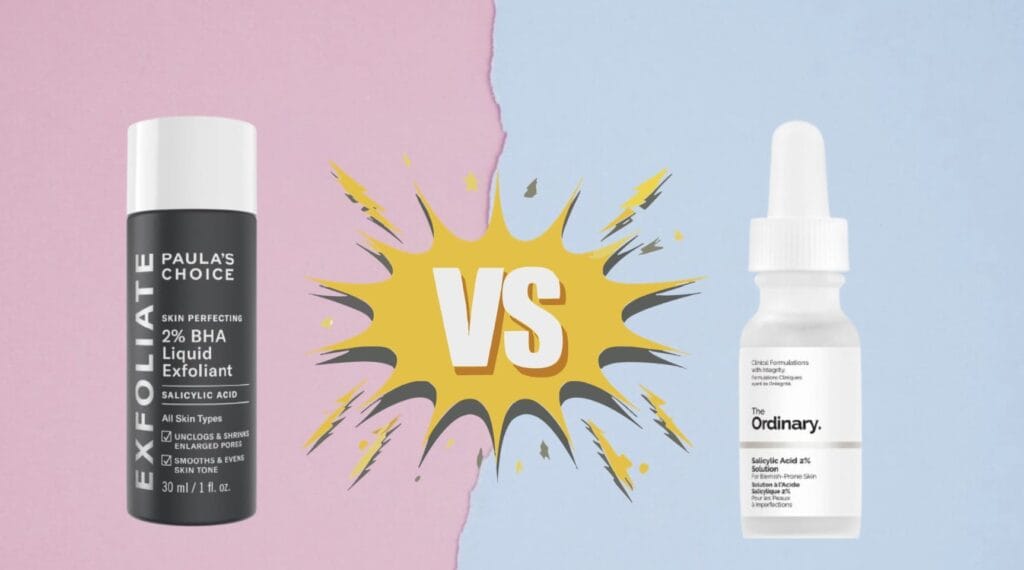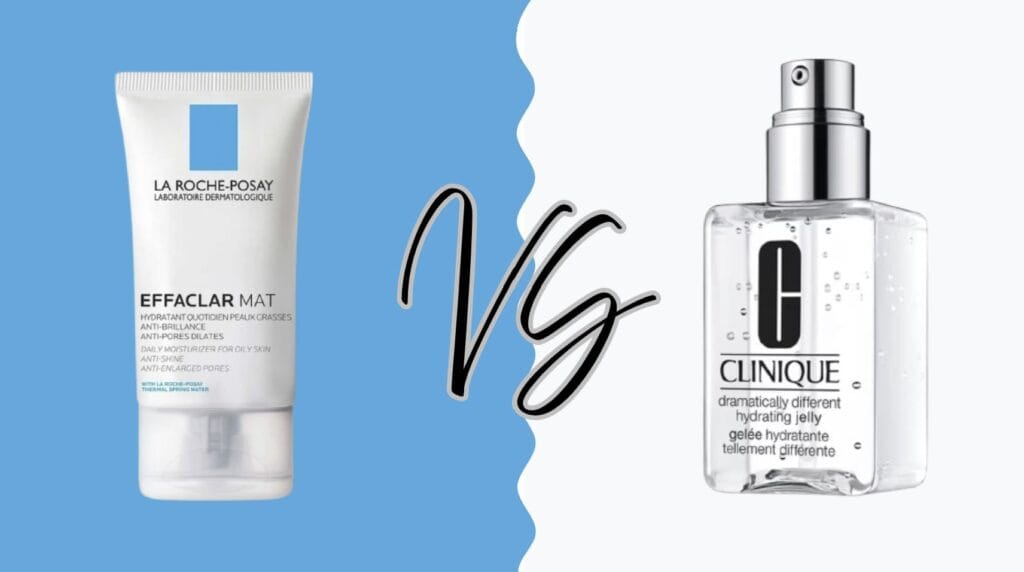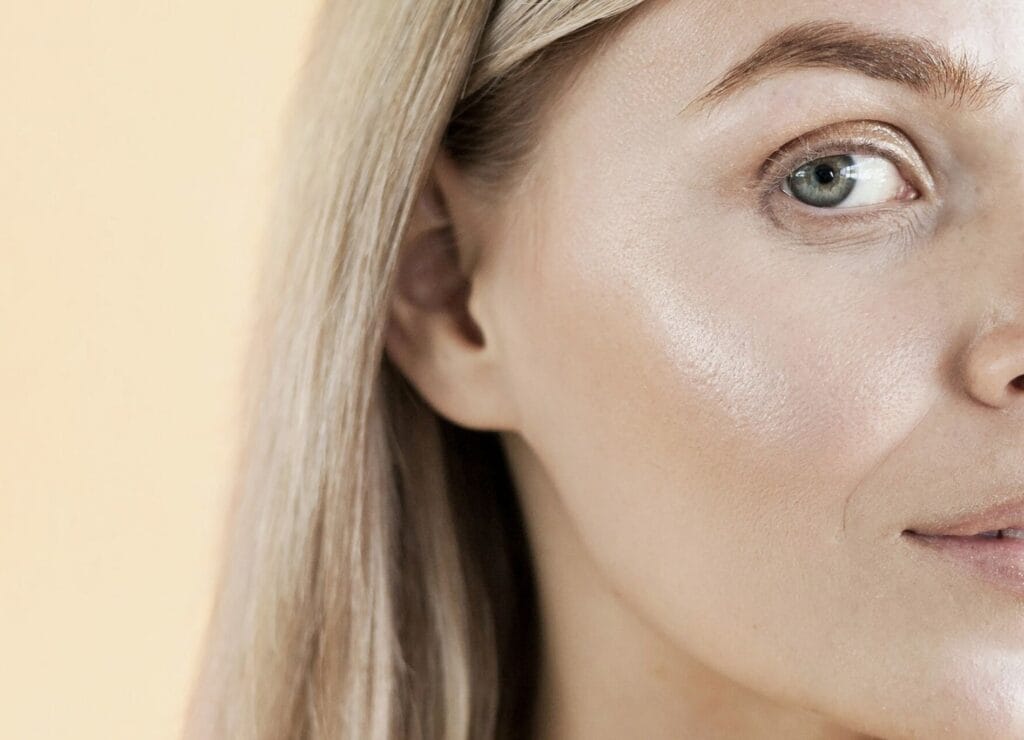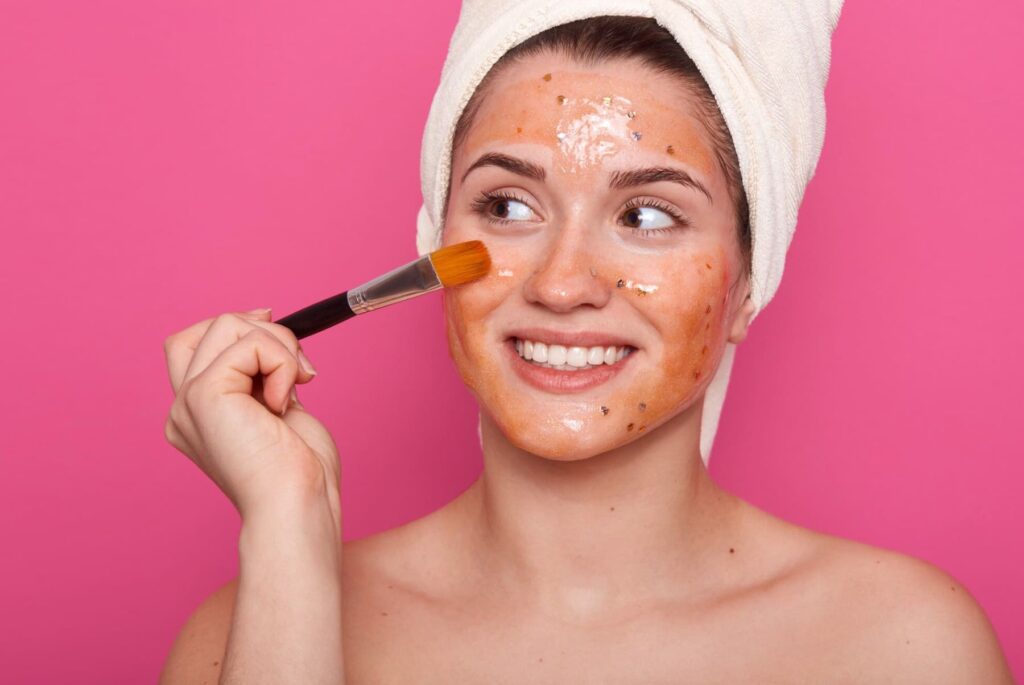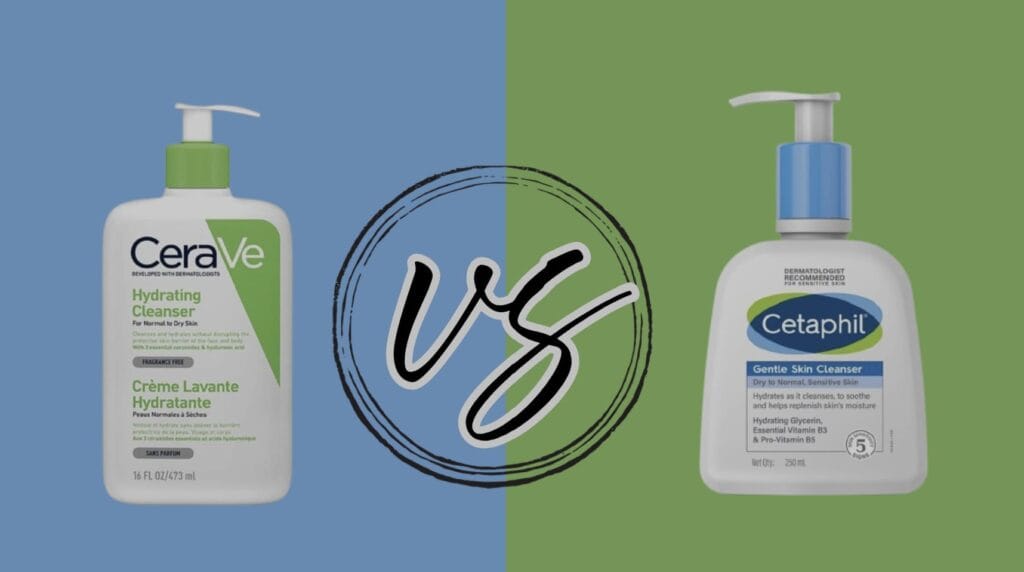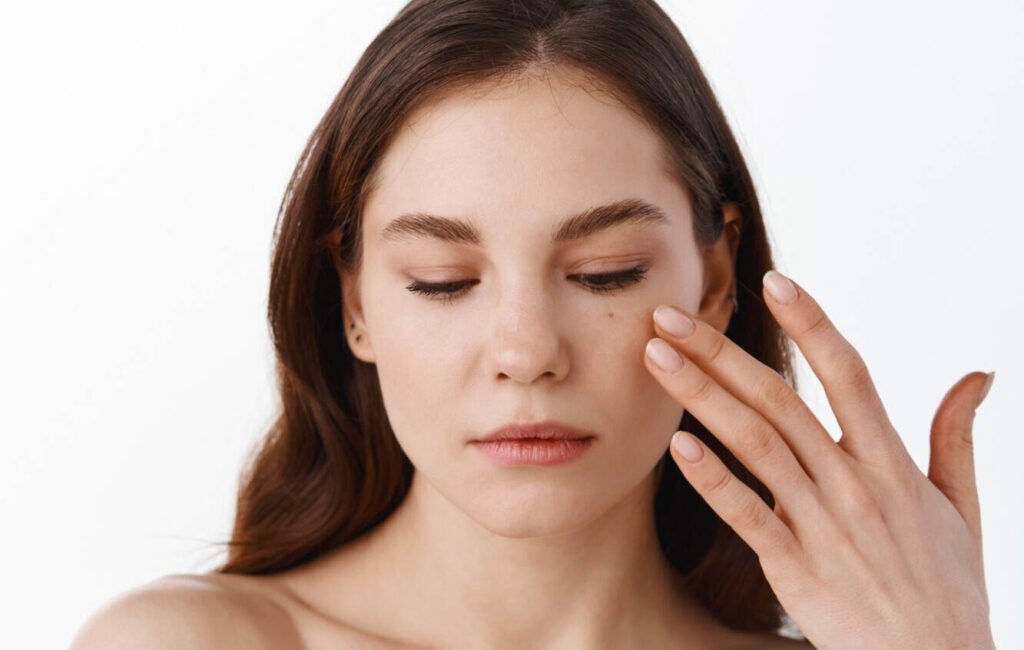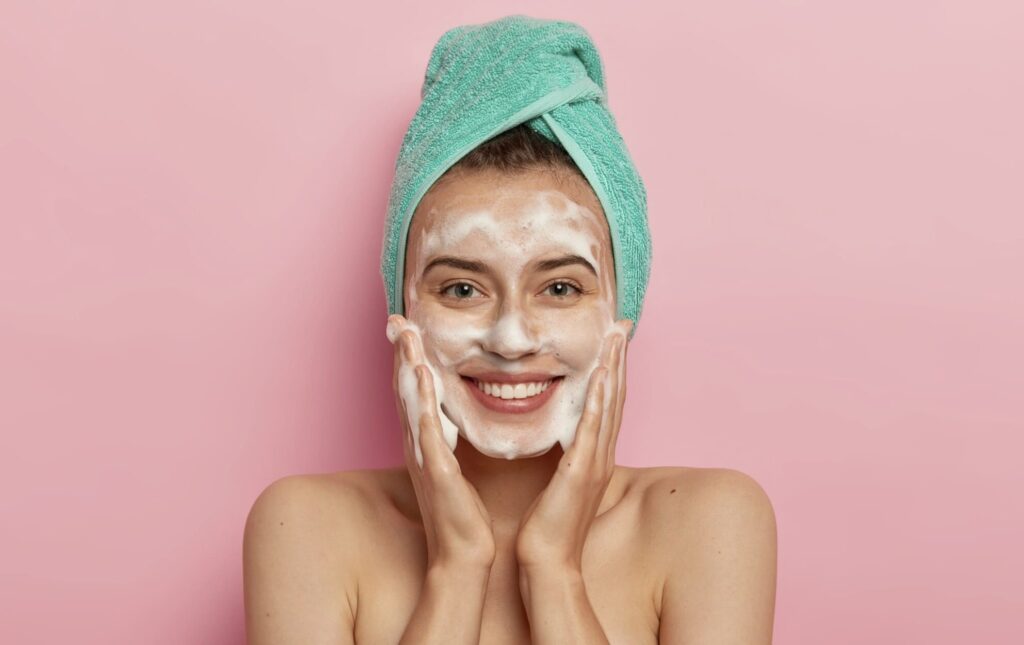Stumped by the infinite aisle of serums? Don’t sweat it—you’ll soon know exactly how to choose the best serum that’s right for your skin type.
when it comes to skincare, there are few products that seem quite as luxurious — or quite as daunting — as the oft-mystifying serums. When there are seemingly endless options available on the shelf promising miracle-level results, it can be downright overwhelming trying to figure out how to decide which serum might be best.
But here’s the thing: Serums can work wonders for your skin if you pick the right one. Serums, unlike cleansers or moisturizers, are the supercharged powerhouses in your skin-care routine that contain very high concentrations of active ingredients meant to address certain skin issues — for example, dryness, oiliness, sensitivity, dullness and fine lines. They’re the power players on your skincare dream team.
Whether your skin is craving moisture like the Sahara or it produces oil by lunchtime, there’s a best serum for every single skin type. And matching up need not be left to chance.
In this comprehensive guide, we’ll show you how to get and keep your face feeling great and looking handsome, and we’ll tell you exactly what to look for your skin type so you never again stand in front of the toothpaste/razor wall at the drugstore forever, wondering what the hell to buy. Get ready to glow.
Did You Know?
Most serums are water- or oil-based, meaning they are able to make their way to lower layers of skin than moisturizers. That’s part of the reason that the specific formula you use matters more than you might realize.
Know Your Skin Type: This is the First Step to Making the Right Choice
Before we start dissecting ingredients and formulas, make sure you understand your skin type. Are you dry, oily, sensitive, combination, acne-prone? Skin types all have specific needs, and at the same time, different potential pitfalls when it comes to serums.
Skip this step, and even the most expensive serum may work against you.
- Dehydrated skin is thirsty for water and barrier-repairing ingredients.
- Light, nonclogging options are what oily types require.
- Gentle, fragrance-free formulas are best for sensitive skin.
- Combination skin? You’ll need a balanced formula.
This information will make learning how to select the best serum so much easier — and make you really good at it.
How to Choose the Best Serum for Dry Skin: Look for Hydration
If you have dry, flaky, or rough skin issues, hydrating should be at the top of your list of focus. The perfect serum for your dry skin type should hydrate and soothe and contain all the good stuff: hydrating and soothing ingredients that are paired with other nourishing ingredients, though when it comes to serum for dry skin, you’ll want to invest in one with humectants and emollients.
Look for ingredients like:
- Hyaluronic Acid: Pulls in moisture to the skin.
- Glycerin: A hydrating powerhouse.
- Ceramides: Help to repair the skin barrier.
- Squalane: This is an oil that’s very lightweight and similar to natural oils your skin produces.
A good serum for dry skin will absorb fast, not leaving your skin tacky. Steer clear of alcohol-based formulations, which can be dehydrating. And yes, using your serums beneath a moisturizer helps to seal them in!
Pro Tip: Apply your serum on slightly damp skin to enhance absorption and hydration.
Choosing the Best Serum for Oily Skin: Lightweight, Oil-Free Formulas
Do you think oily skin doesn’t need a serum? Think again. The perfect serum for oily skin helps control excess oil production and calm breakouts.
Here’s what to look for:
- Niacinamide: Balances oil production and minimizes pores.
- Salicylic Acid: Aids in clearing clogged pores and acne.
- Zinc: Reduces shine and inflammation.
- Green Tea Extract: Calms and mattifies the skin.
You want a water-based, non-comedogenic face serum that’s lightweight, and also dries quickly. That’s especially true when it comes to figuring out the best serum for oily, acne-prone skin.
Pro Tip: Use a serum with a matte finish to help control shine throughout the day.
Selecting the Right Serum for Sensitive Skin: For Calm, Soothing Ingredients
If your skin turns red on a whim or itches, you’ll need a sensitive skin serum that soothes rather than ramps it up a notch. That means no fragrance, no alcohol, and as few active ingredients as possible.
Ingredients to love:
- Centella Asiatica (Cica): Calms irritation.
- Aloe Vera: Gently hydrates.
- Panthenol (Vitamin B5): Increases hydration and fortifies the skin barrier.
- Madecassoside: Anti-inflammatory and healing.
A great serum for sensitive skin should be all about protection, hydration and barrier support. Anything too busy — like strong acids or retinoids — could end up having the opposite effect.
Pro Tip: Always opt for serums labeled as hypoallergenic or non-comedogenic to minimize the risk of irritation
Serum for Combination Skin: Balance Is Your Best Friend
Combination skin can be disorienting — you’re oily in the T-zone but dry everywhere else. So how do you choose what is the amazing serum for a combination skin that has two personalities?
Try these multitasking ingredients:
- Niacinamide: To help balance out oil without drying out drier areas.
- Hyaluronic Acid: Provides hydration to the entire body without a greasy residue.
- Lactic Acid: Exfoliates and smoothens texture.
- Peptides: For healthy, younger looking skin with renewed elasticity.
The best serum for all skin types, including oily skin, is one that is lightweight with either a water or a fast-absorbing base. You can also use two different serums like, mattifying on your T-zone, hydrating on cheeks.
Pro Tip: Apply different serums to different areas of your face if needed, targeting specific concerns.
Anti-Aging Serums: What Works for All Skin Types
And if you have the fine lines and dullness that can come with aging, no fear — there is still a best serum for every skin type when it comes to anti-aging.
Choose these ingredients:
- Vitamin C: Brightens and firms.
- Retinol: Increases collagen and cell turnover.
- Peptides: Strengthen and smooth.
- Ferulic Acid: Stabilizes Vitamin C for optimum efficacy.
No matter whether your skin is dry, oily or sensitive, there is a version of these that suits you. You just need to mind your strength and formulation. Those who are sensitive types may prefer encapsulated retinol, for example.
Pro Tip: Start with a lower concentration of retinol and gradually increase to avoid irritation.
How to apply serums in your skin care routine
Now that you are aware of which serum is ideal for your skin type, we need to get to the fun part, adding which serum to your skincare routine!
- Clean: Begin your routine with a mild cleanser to get rid of dirt and impurities.
- Tone: Tone your skin to pH balance your skin and prepare it for optimal serum absorption.
- Serum: Take a few drops of the serum you are using and press it into the skin.
- Hydrate: Finish with your favorite moisturizer to lock in the serum’s benefits.
- Sunscreen: End your morning routine with sunscreen for skin protection.
Ingredient Combinations to Avoid
Not all actives get along. While you work towards deciding on the best serum, watch out for opposing ingredients that may cause irritation.
Avoid mixing:
Vitamin C + Retinol (use one in AM, one in PM)
AHA/BHA + Retinol (may be too harsh together)
Niacinamide & Vitamin C (controversial, but can counteract each in high concentrations)
How to Know if a Serum is Working
It’s tempting to expect overnight miracles, but even the best serum for every skin type takes time to show results. Take a “before” selfie! The simplest way to monitor progress as objectively as possible is by comparing the skin over a month.
Signs it’s working:
- Skin feels smoother and softer
- Less redness or breakouts
- Improved hydration or reduced oiliness
- Brighter, more even skin tone
- If you don’t see a difference after 4–6 weeks or if you notice breakouts or irritation, it may not be the right serum for you.
Conclusion: Your skin’s One of a Kind Serum
Finding the ideal serum doesn’t have to be as cryptic as deciphering a skin-care ingredient label. Once you know what your skin needs, you’ll find it’s a lot easier to navigate the world of serums and pick out the best one that’ll give you the glow you’re going for.
Whether you’re shopping to address a specific concern such as redness or dark spots or just hoping to find a serum that feels perfect for your skin type, there really is something out there for everyone. The key? Pairing ingredients to your goals, keeping things simple and listening to your skin.
So march on through — take that step with confidence. With the perfect serum in your skincare routine, there is like you’re off to your best skin yet.
FAQs
What exactly does a serum do for your skin?
A serum is all about delivering active ingredients deep down into the skin to address specific problems: dryness, acne, sensitivity, dullness, aging. Because serums are light and fast-absorbing, they can be more effective than traditional creams for some skin-care goals.
Can I skip serum in my skincare routine?
Yes, but there are big potential benefits you could be forgoing. Serums are not as strictly necessary as a cleanser or moisturizer, but ones tailored to a specific issue — dehydration, excess oil, fine lines — can help the product around them work better.
How do I know if a serum is right for my skin type?
Pay attention to how your skin reacts over 1–2 weeks. If it feels smoother, calmer, or more hydrated without irritation or breakouts, you’re likely using the right serum. For best results, always choose a product tailored to your skin type—whether that’s a serum for dry skin, serum for oily skin, or serum for sensitive skin.


